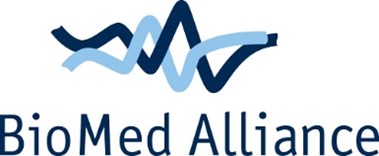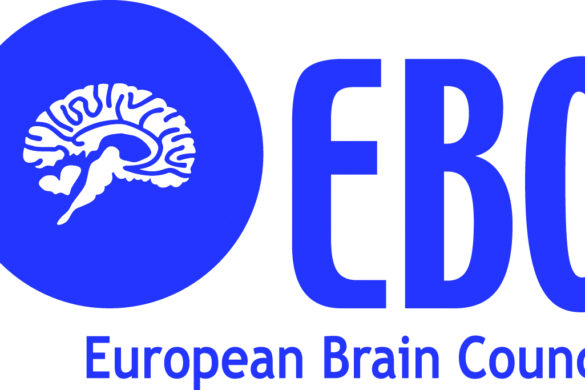New developments: CGRP antibodies for migraine treatment
Comment by the EAN Scientific Panel on Headache
On 31 January 2019 , the Committee for Medicinal Products for Human Use (CHMP) adopted a positive opinion, recommending the granting of a marketing authorisation for the medicinal product Ajovy©, intended for prophylaxis of migraine. The applicant for this medicinal product is Teva GmbH. The active substance is fremanezumab which is an antibody that works by binding to calcitonin gene-related peptide (CGRP). It is classified as an analgesic.
This follows the positive opinion on Emgality© (galcanezumab) which was published on 21 September 2018. Here, the applicant was Eli Lilly. Galcanezumab also binds to the CGRP molecule. On 1 June 2018, Aimovig© (erenumab) had received a recommendation for marketing authorization by the European Medical Agencies. Erenumab is an antibody binding to the CGRP receptor. Erenumab and/or Galcanezumab are meanwhile available on the market in many European countries and will be available in nearly all countries within the next months.
The benefits with all these drugs are their ability to reduce the number of monthly migraine days. The most common side effects are pain and reactions at the injection site. The full indication for these three antibodies is: “…indicated for the prophylaxis of migraine in adults who have at least 4 migraine days per month”. It is proposed that they be prescribed by physicians experienced in the treatment of migraine. It is estimated that approximately 15% of the population in the European Union suffers from migraine. Patients experience recurrent episodes of intense, throbbing headache, most often only on one side of the head. Sometimes, the pain is preceded by visual or sensory disturbances known as an ‘aura’. Many people also experience nausea, vomiting and increased sensitivity to light or sound. Migraine can substantially impair a patient’s ability to function physically, at work or school, and socially.
There is no cure for migraine and these medicines widen the therapeutic options for this disease. There are other available treatments to tackle the symptoms and reduce the frequency of migraine days. However, existing preventative treatments do not always work well and may have unpleasant side effects.
All these antibodies were studied in several large phase 2 and phase 3 trials and appeared to be very safe with no side effect being more prevalent than with placebo.
The opinion adopted by the CHMP is an intermediary step on fremanezumab’s and galcanezumab’s path to patient access. The CHMP opinion will now be sent to the European Commission for the adoption of a decision on an EU-wide marketing authorisation. Once a marketing authorisation has been granted, decisions about price and reimbursement will take place at the level of each Member State, taking into account the potential role/use of this medicine in the context of the national health system of that country.
“The EAN headache panel welcomes the enlargement of the therapeutic options for migraine”, said its Chair Prof Stefan Evers. However, there will be restrictions for the use of the antibodies since they are highly expensive. In some countries, the use will be probably restricted to those patients who failed or did not tolerate more than one oral drug for migraine prevention. The headache panel criticizes the decision by CHMP to classify these drugs as analgesics, since they are only working in migraine (and probably in cluster headache) but not in other pain syndromes.
The class of CGRP antibodies seems to be very effective with high tolerability. However, more data on the use of these substances in daily practice is needed, in particular safety data are needed for long-term use. Once all three antibodies are on the market in all European countries, more recommendations can be given on the use of these drugs.
For further information contact: Prof. Stefan Evers (everss@uni-muenster.de); Prof. Rigmor Jensen (rigmor.jensen@regionh.dk ); Prof. Zaza Katsarava (Zaza.Katsarava@uk-essen.de )







